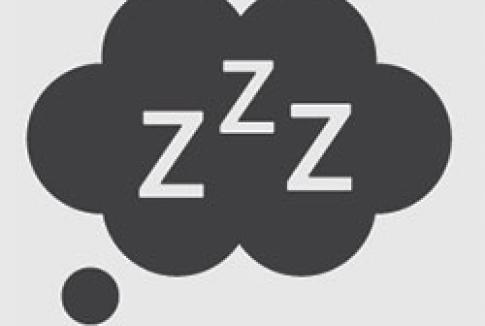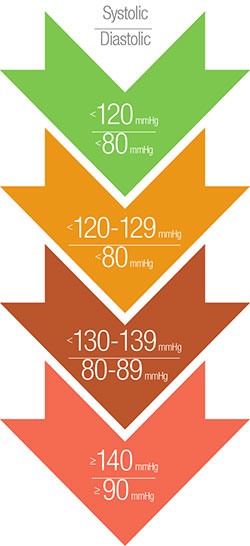
The Right Side of Bed
Get better sleep for heart health - tips for restful, healthy nights
You already know that tossing and turning during the night can leave you tired and less alert during the day. But did you know that recent studies have found that sleep issues can also affect you in ways you might not expect, such as impacting your cardiovascular health?
Issues like interrupted sleep or not sleeping enough, as well as sleep disorders such as sleep apnea or insomnia, have been found to increase a person’s risk of cardiovascular disease, including high blood pressure and stroke. Researchers have also found that poor or insufficient sleep can lead to obesity—a risk factor for cardiovascular disease—which in turn leads to sleep disorders like sleep apnea, creating a vicious circle.
So what can you do to get a better night’s sleep for heart health? Try the sleep tips below and see if they help you. Not only will you lower your risk of cardiovascular disease, but you’ll also feel refreshed and better equipped to make the most of each day.
Better Sleep for Heart Health
Get regular physical activity. However, try to avoid activity right before bed, so you’re not energized while trying to fall asleep.
Keep a consistent bed time. A sleep routine (which can include dimming the lights, a cup of warm tea or even a bath) will help your body know when it’s time to shut down.
Make your bedroom sleep-friendly. Keep your bedroom cool and dark and leave your cell phone in another room so you aren’t tempted to check it.
Know your blood pressure - and what to do about it*Normal Blood Pressure Elevated Blood Pressure High Blood Pressure Stage 1 High Blood Pressure Stage 2 *Talk to your doctor for individualized recommendations. |
NEED ZZZs? …
If these tips don’t work for you and you still find yourself struggling to get a good night’s sleep, consider talking to your doctor. A referral to the UHS Sleep & Neurodiagnostic Center might be in order.
Learn more about the UHS Sleep & Neurodiagnostic Center >







